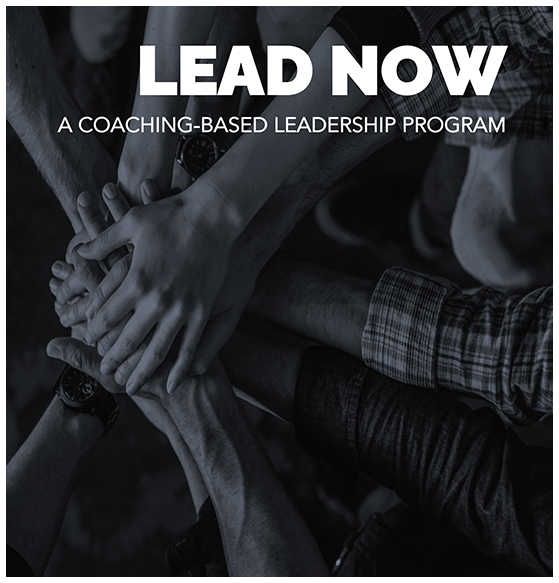
Dr Phil Cummins
Aug 1, 2022 | 3 minute read
Lead: Leading and Reflecting
As school leaders, we are the ones who need first to articulate, reflect on and explore the competencies that will allow us as leaders to thrive in our world.
Promotion
a School for tomorrow's
Community Membership
Come together in our global community of innovative, like-minded people and help create the future of education.
Join CommunityAs school leaders in a community of inquiry and practice, we are the ones who need first to articulate, reflect on and explore the competencies that will allow us as leaders to thrive in our world so that, in time, we might be able to model, coach and scaffold them for our colleagues and (most importantly) our students and their families. To do this, we need to make space in our own lives to reflect on what has been, what is, and what is to come. We need to clarify what is important now and what will wait for another time.
Reflection is more than just a pedagogy; it forms the core of how we see ourselves and our world, how we notice the opportunity to grow and how we measure our success on the way. It helps us go from the implicit to the explicit, and from the spontaneous to the deliberate. It unlocks the door to making character real in our lives by helping us recognise, understand and adopt those behaviours and dispositions that can help us to take responsibility for who we are becoming. In time, as leaders who are also learners, we can form and claim a voice, agency and identity driven by purpose that will stand us in good stead over the course of our lives.
It is in this light and in our current context that we need to ask ourselves “are we well?”
Many of us in schools are often tired and grumpy – our wellness must come first under any learning paradigm if we are to achieve better outcomes for more learners and those who support them. Often, we counsel those we care for in schools with this particular wisdom and yet we find it hard to apply that same care to ourselves. Many do not seem able to sustain this care. They fall victim to a narrative of exhaustion, of frustration, of powerlessness.
Are we the servants of our community?
Our servant leadership begins with developing our heart for others. When we find the "Who?" by listening to and connecting with our people, we might then be able to foster in them that awareness of themselves and how they belong. This prompts each of us all to understand and commit our heads to the rationale of the "Why?", and then to dedicate and apply our hands to the "How?" and the "What?” So, it’s heart first then head then hands.
Are we becoming our best selves?
We need to choose the mindset with which we approach our work in schools without allowing a counter-culture of negativity to prevail. We need to realise our own professional responsibility to locate our people and our place, to claim our purpose, and to realise it through our practice. We need to demonstrate the emotional self-regulation and self-management that we want our students to master or else run the risk of allowing ourselves to become overwhelmed. This is hard work – it’s the nature of the work of the leader of character and the character of the leader.
Are we making the right choices for our work?
If we fall victim to the temptation to be forever busy, we must eventually lose confidence in our mastery of our field, and we will end up so disconnected from our professional autonomy that we are liable to feel unable to cope with the many challenges that confront us on a daily basis. It’s little wonder that we can end up unable to find the sense of purpose that compels us to strive to realise our vocation.
In our work of designing and implementing school strategy, we know that it's a combination of the artefacts of culture and the habits of cultivating these artefacts that drives a school's sense of purpose and practice and its strategy towards attaining its preferred future. The heart of strategy is deciding what we will and won’t do. You need to choose the right purpose if you’re going to do this well. Know our people and place and planet, then respond accordingly by making our purpose happen through our practice.
In the same way, to support a life of thriving as a leader, we must choose what's important and then do it. If we do what we think is important, at the end of the day, everything will flow from that. If we get around to the other things – that's fine, but we mustn't allow a desire to fill our days up with activity to compromise our wellness, our need for unstructured time, our need for play, for relaxation, and for sleep.
What choices are emerging from your own reflective practice about how to become the best version of yourself as a school leader?
Related Content

Article
Lead: Leading and Creating
Products & Services
Discover our Lead Now Coaching ProgramLike what you’ve read?
Let’s keep the conversation going.
